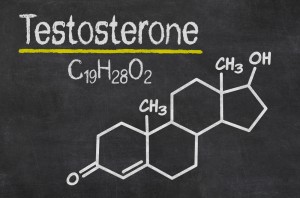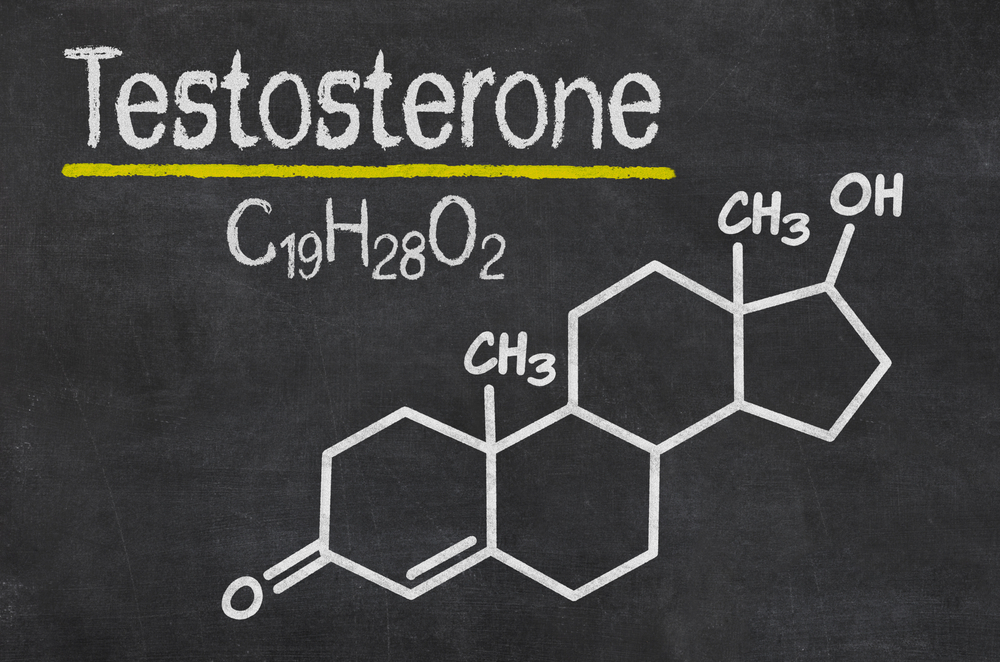 A recent study published in Science Translational Medicine by Johns Hopkins Kimmel Cancer Center researchers has found that testosterone can suppress some types of advanced forms of prostate cancer, while reversing resistance to testosterone-blocking drugs.
A recent study published in Science Translational Medicine by Johns Hopkins Kimmel Cancer Center researchers has found that testosterone can suppress some types of advanced forms of prostate cancer, while reversing resistance to testosterone-blocking drugs.
Researcher Samuel Denmeade, M.D., oncology professor at the Johns Hopkins University School of Medicine, led the study of a total of 16 patients suffering from metastatic prostate cancer and highlighted that one of the most important aspects of this research was related to the timing of testosterone treatment, advising that patients should not self-medicate with testosterone supplements available in pharmacies. Earlier studies have shown addressing testosterone with a wrong timing could actually exacerbate the disease.
Usually, to treat advanced prostate cancer, physicians use drugs that can stop testosterone production. However, cancer cells tend to gain resistance to these drugs and the treatment strategy usually changes to drugs like enzalutamide, which can impair testosterone’s capacity to interact with receptors present in prostate cancer cells. Combining these two types of drugs (androgen deprivation therapy) is susceptible to increase cancer aggressiveness throughout time and can lead to sever side effects such as impotence, muscle loss or extreme fatigue.
“This really is the most lethal form of prostate cancer,” study author Michael Schweizer, M.D., researcher at Fred Hutchinson Cancer Research Center, said in a news release. “It’s the one that’s the most resistant, and typically once people progress to this stage it’s when we start to worry that they’re at a much higher risk for dying from prostate cancer.”
In this new study, researchers treated 16 patients who had received testosterone-lowering therapy for metastatic prostate cancer at Johns Hopkins, and who had been previously treated with androgen deprivation therapy and presented high levels of prostate specific antigen (PSA).
Men were given injections of testosterone along with a chemotherapy drug (etoposide). Of the 14 patients who completed the trial, 7 lowered their PSA levels between 30 and 99%, indicating their tumors had stabilized or were decreasing their aggressiveness. However, 7 men had no decrease in PSA levels.
From the 10 patients who suffered with prostate cancer metastasis, 5 revealed more than 50% of tumor shrinkage, while 1 man was completely tumor free.
“Surprisingly, we saw PSA reductions in all of 10 men, including four whose PSA didn’t change during the trial, who were given testosterone-blocking drugs after the testosterone treatment,” Dr. Denmeade said in a news release.
These results show promise in the use of testosterone therapy to counter tumor resistance to testosterone-blocking drugs.
“There has been a groundswell of interest in the idea of reversing resistance to androgen deprivation therapy. We have plenty of anecdotes and some evidence in this small study, but it’s important to test it in larger groups of patients,” Dr. Denmeade concluded.

